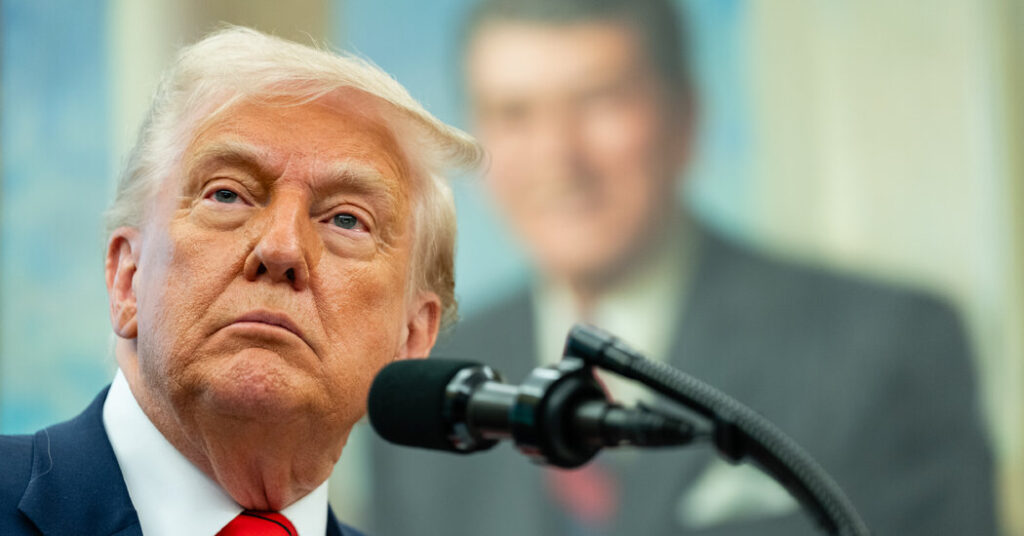For Britain’s prime minister, Keir Starmer, the trade deal would offer vindication for his assiduous cultivation of Mr. Trump. During his visit to the Oval Office in February, Mr. Starmer turned up with an invitation from King Charles III for the president to make a rare second state visit to Britain.
The Trump administration appears to be nearing deals with India and Israel, and is continuing to negotiate with South Korea, Japan, Vietnam and other nations. Still, Mr. Trump once again displayed his unpredictable approach to economic policy on Tuesday when he downplayed the prospect of trade deals, saying other countries needed such agreements more than the United States.
“Everyone says ‘When, when, when are you going to sign deals?’” Mr. Trump said, at one point motioning toward Howard Lutnick, his commerce secretary. “We don’t have to sign deals. We could sign 25 deals right now, Howard, if we wanted to. We don’t have to sign deals. They have to sign deals with us.”
Trade experts have said that Mr. Trump may be intending to announce far more limited deals than traditional trade agreements, which cover most trade between countries and require congressional approval. Historically, free-trade agreements have taken the United States more than a year to negotiate.
In his first term, Mr. Trump renegotiated several U.S. trade agreements, including a free-trade agreement with South Korea and NAFTA. But he also signed a series of more limited “mini-deals” with countries in which they reduced tariffs on a few kinds of goods or agreed to talk about a few sectors.
British officials have also been negotiating with the European Union, and on Tuesday agreed to a trade deal with India. The India deal would lower tariffs between the countries and secure more access for British firms to India’s insurance and banking sectors, among other changes. The announcement followed nearly three years of negotiations.
Mark Landler contributed reporting.



